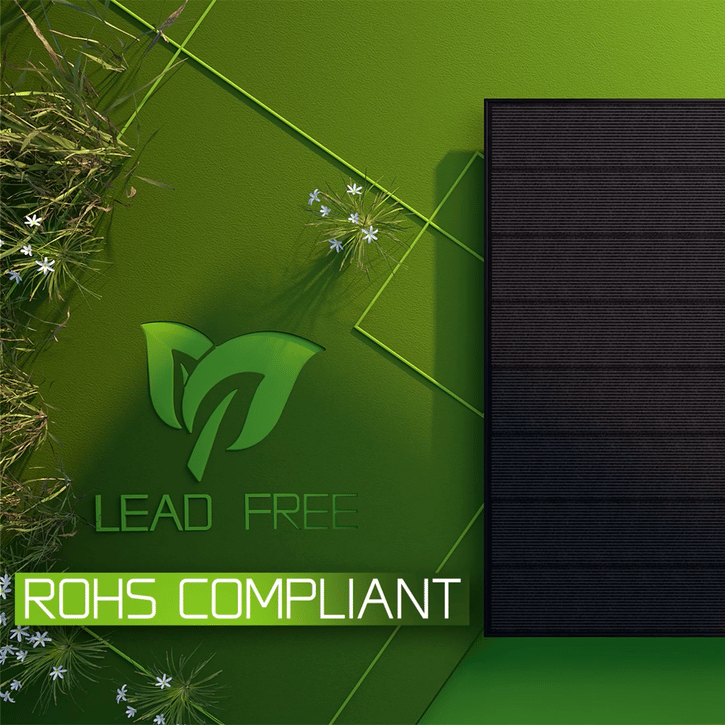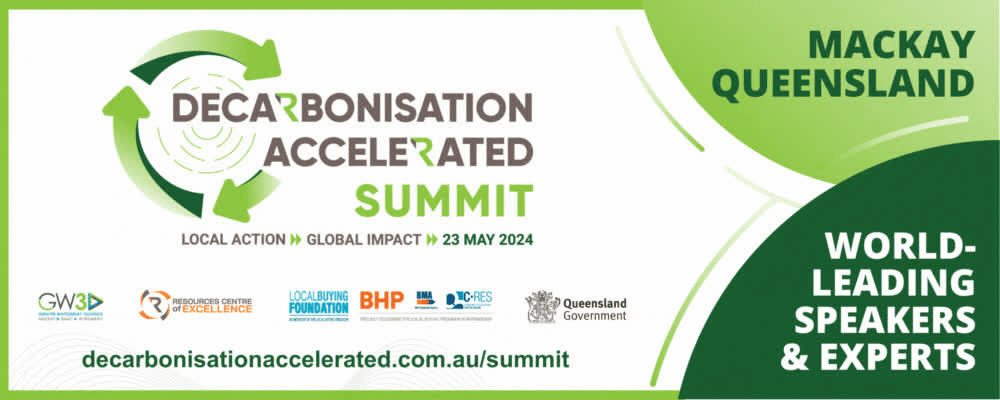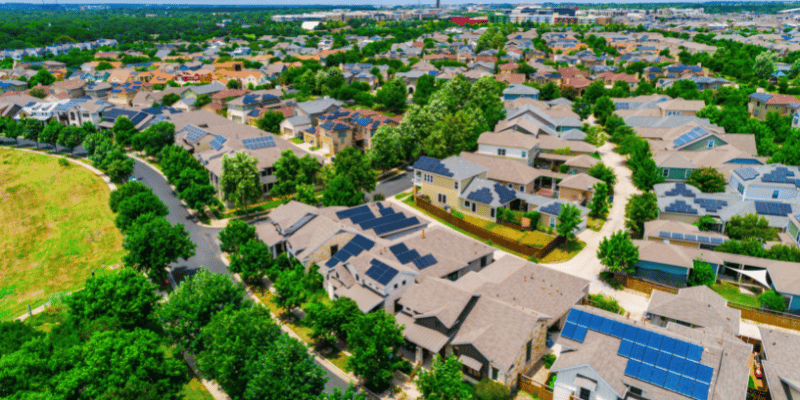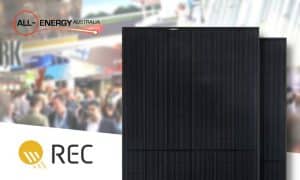With adoption starting to reach critical mass, more than one in four Australian households are now generating power through rooftop solar.
Solar has many benefits, including reducing your energy bills, increasing savings, and making a positive difference to climate change by mitigating carbon emissions.
Installing solar panels on your home is a great option to contribute toward a sustainable future, but are you aware of what is really under the hood of your solar system?
The importance of end-to-end sustainability in solar
While most associate going solar as doing their part for the planet, there are often negative ESG challenges buried within the supply chain which can mitigate the many benefits of switching to solar.
The majority of solar panels on the market still contain lead and, when disposed of incorrectly in landfill, it can pose an environmental risk to our health. On a large scale, experts have said that with rapid growth, more than 100,000 tonnes of modules will end up in landfill by 2035. This can lead to a decrease in the quality of our air, soils, water and also food.
There are often many unknowns in the supply chain which smart consumers are now looking for. Sustainability is a big driver for choosing solar so understanding the supply chain and the net environmental impact is essential for consumers to make an informed decision.

Growing demand from consumers
Research has found that 9 in 10 Australian consumers are more likely to purchase sustainable products over a cheaper, less environmentally friendly alternative. Furthermore, 85 per cent of consumers want retailers and brands to be more transparent about the sustainability of their products.
This trend has been growing in response to the climate crisis and, with consumer demand for ethically sourced products on an upward trajectory, the solar industry is compelled to open its doors and demonstrate to their buyers just how green they are. One way you can check your solar panels credentials is through an Environmental Protection Declaration (EPD).
What is the Environmental Protection Declaration?
An EPD provides internationally recognised accreditation for environmentally friendly products.
The declaration summarises the environmental impact of all components of the supply chain including materials sourced and consumed, production process, and transport. Being independently verified, EPDs provide customers with a valuable source of data for objective comparisons and serve as confirmation of the low carbon footprint of a product.
REC Group has recently achieved EPD accreditation for two of its panels, the REC Alpha Pure and TwinPeak 4 Series.
REC Group creates change
The lead-free REC Alpha Pure Series was recognised for its RoHS compliance due to the removal of lead from the panel and low carbon footprint.

The REC TwinPeak 4 gained its EPD on the basis of the solar-grade silicon manufactured by using REC’s unique kerf upcycling. With this technology, REC can convert kerf, waste material of the wafer production process, to high-quality solar grade silicon, drastically reducing carbon emissions by more than 90% expected compared to the standard Siemens process.
Innovation leads to awarded recognition
Jan Enno Bicker, CEO at REC Group is excited to share these sustainable solar panel solutions with Australian consumers, understanding that we all have an important role to play in being responsible for a greener future.
“Both products that have gained EPDs were only launched last year, testifying to the success of REC’s continuing efforts to make its own production and the entire solar industry more sustainable, and to rise to the challenge of low carbon footprint design and production.”
To learn more about REC’s commitment and help contribute to a more sustainable solar industry, please visit www.recgroup.com/csr
Looking to install a solar PV system with REC panels? Get up to 3 FREE quotes today!










































